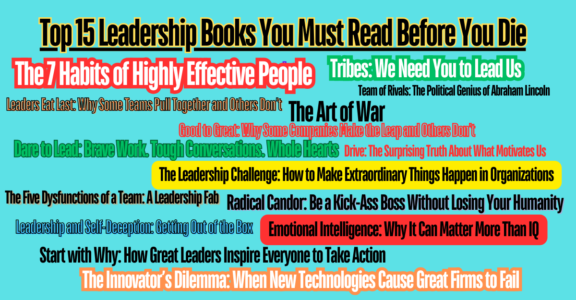Anxiety and its Ill-Effects on Sleep
Anxiety and its Ill-Effects on Sleep. Anxiety and disturbed sleep patterns are closely linked. People with insomnia, for instance, are at a much higher risk of becoming anxious than those who get a good night’s sleep. Likewise, with people who experience chronic anxiety, poor sleep over a continuous period can mess with a person’s mind space and emotions.
Anxiety itself is associated with sleep disturbances such as reducing the quantity of restorative slow-wave sleep the individual gets each night.
- Sadly, this lethal combination is more common than you think it is.
- Forty-three percent of Americans say anxiety and stress have radically altered their relationship with sleep.
- As a result, they say they lie awake at night at least once a month.
One of the most common problems with falling asleep is that people just can’t switch off their minds.
- So, despite being tired and sluggish all day, your mind goes on a rant and doesn’t stop the moment you lay in bed and hope to sleep.
- Suddenly, the overactive mind starts pulling up memories from the past, your pain triggers are pressed, and the next thing you know, your tank of angst is full to the brim.
- If you’re experiencing anxiety in any form, depression, financial worries, panic attacks, trauma, phobia, emotional and/or physical turmoil, there’s a good chance you might be experiencing disturbed sleep patterns.
Here are some warning signs that can tell you if your anxiety is interfering with your nighttime sleep patterns:
- You have trouble falling or staying asleep
- You feel tired during the day
- Have physical discomfort such as muscle and joint pain, breathing difficulties, restlessness, sweaty palms, tightened chest, and/or numbness while trying to sleep
- Have difficulty paying attention, feel sleepy, but can’t sleep, and are easily irritable
- If these situations sound familiar to you, then you’ll be happy to know that there are ways to soothe your mind and fall asleep.
Create a nighttime routine that encourages positive distractions.
- Focusing all your attention on how you can’t get to sleep will only make the problem look and feel bigger.
- Instead, create a nighttime imagery routine that engages and distracts your senses.
- For instance, close your eyes and picture a nice warm day at the age.
- Think about water.
- See them.
- Touch them.
- Can you taste the salt from it?
- These kinds of imagery can help transfer your mind into a place of calm.
- When the mind becomes calm, it becomes happy and will gradually reduce its rant and let you sleep in peace.
Practice Nighttime Mindfulness
- Anxiety is the mind’s defense mechanism to a short-term emergency crisis.
- Insomnia and poor sleep come with the territory.
- The stress you feel might stem from insecurities of being judged, ridiculed, or isolated even more.
- As negative as these feelings might be, your mind is more than capable of handling the situation when you train it to be mindful of its thoughts.
- Now, we understand that this might not be easy for many of us.
- However, in time and with practice, you can train your mind to do as you wish. Practicing meditation can help you achieve exactly that.
Focus on Your Breath
- You define your life by the choices you make, every single hour of your life.
- If you can slow the flow of your thoughts and utilize the time in between to rationalize your choices, you’ll realize that nothing in life is worth stressing about.
- The key is to shift your mind towards a state of “mindfulness” so that you bring it back to the present every time it slips away.
- Staying mindful of your breathing patterns will help you find a way to settle your thoughts and overcome all that might be stressing you out presently.
- As a result, you’ll be able to zone out of situations that breed negativity and distress.
- And consequently, you’ll also be able to get plenty of good sleep






